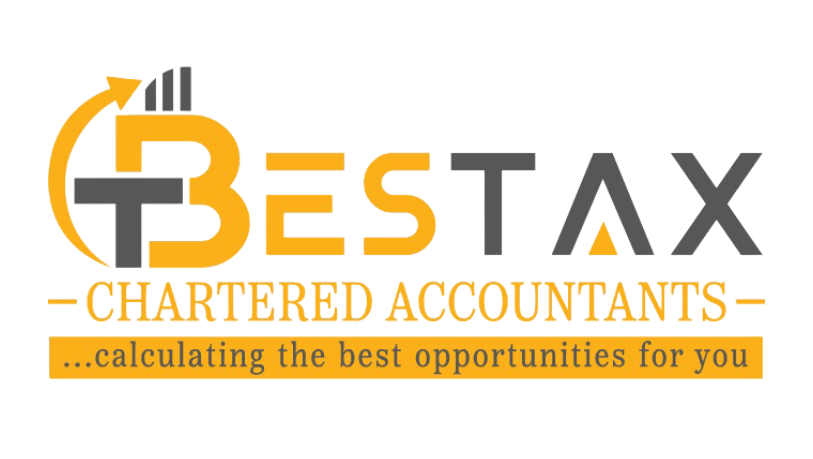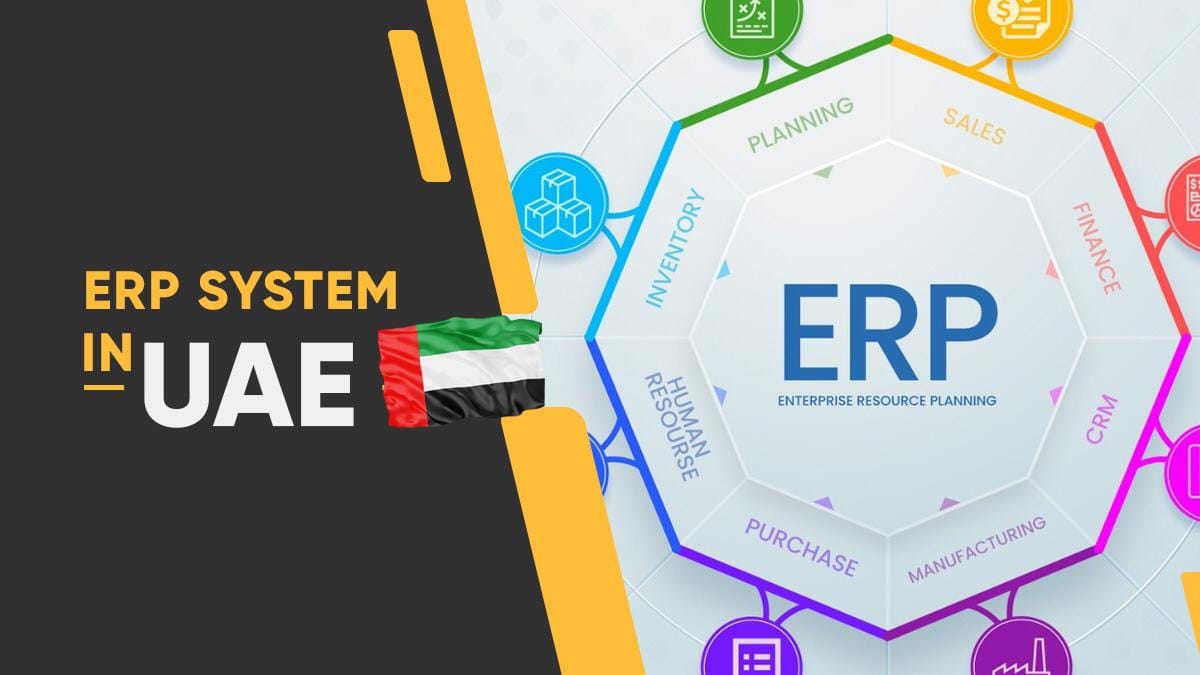Selecting an appropriate Enterprise Resource Planning (ERP) system is essential for any company looking to improve productivity and optimize processes. An ERP implementation service in Dubai unifies several departments within an organization into a single, cohesive information system, including supply chain management, manufacturing, HR, and finance. This post will go over the essential characteristics of an ERP system and how to choose one that best suits your company’s needs.
Recognizing the Needs of Your Business
Understanding your business’s needs is essential before navigating the huge ERP system market. Determine the problems your company is facing and the goals you hope to accomplish with an ERP system. This might entail merging different systems, increasing data visibility, or streamlining processes.
Important Elements of an ERP System to Consider
When choosing an ERP implementation, take into account these crucial components that can greatly affect the system’s operation and capacity to adjust to your company’s needs:
Integration Capabilities:
To guarantee continuous data flow and uphold data integrity everywhere, a strong ERP system should interface with your current systems with ease.
Scalability:
Your ERP system should be able to expand with your company as it does. Seek for systems that, with few adjustments, can handle more modules or higher transaction volumes.
Real-Time Data Access:
Having instant access to data from several departments guarantees that all parties involved may act swiftly and intelligently.
User-Friendly Interface:
To reduce training time and user resistance, the system should be simple to use and intuitive.
Customization:
Although most business activities are covered by conventional ERP solutions, some degree of customization is frequently required to match the system with particular company operations.
Compliance and Security:
Verify that industry norms and laws are followed by the ERP system. Data security is essential, particularly when managing private data.
Mobile Accessibility and Cloud Alternatives:
ERP implementation that gives flexibility and lowers IT overhead by offering mobile solutions and cloud-based alternatives, in light of the growing requirement for remote access.

Performing Market Research
It’s time to research the industry when you have a clear understanding of your needs and the necessary qualities. Examine many ERP systems, paying particular attention to industry-specific ones because those will probably have the most useful features right out of the box.
Planning and budgeting
ERP solutions for planning and budgeting might need a substantial financial commitment. Establish your budget early on in the process, considering not just the out-of-pocket fees but also ongoing costs like upkeep, renovations, and extra training.
Method of Implementation
Thorough planning is necessary for a successful execution. Take into account the project’s objectives, schedule, internal resource needs, and any effects on continuing business operations. To guarantee user acceptance and reduce disturbance, it is imperative to employ efficient change management solutions.
Conclusion
In summary, choosing the right ERP system for your company in 2024 is an important choice that will have a big influence on your daily operations and overall performance. Given the speed at which technology is developing and how quickly business environments are changing, it is critical to carefully assess the particular requirements of your company, take future scalability into account, and give top priority to user experience and integration capabilities. Businesses may increase efficiency, streamline procedures, and get a competitive edge in the fast-paced market of today by correct ERP implementation in Dubai.
FAQs
What ongoing support and maintenance can I expect from an ERP vendor?
Find out how much post-implementation support and maintenance an ERP vendor offers before choosing one. This offers access to customer support resources, software upgrades, and help with troubleshooting. Select an ERP system provider who has a history of providing outstanding customer service and has assisted clients with all phases of the system’s lifespan.
How can I make sure an ERP system is successfully adopted and implemented?
Implementation success involves meticulous planning, cooperation from stakeholders, extensive training, and continuous resources. Early in the process, engage important stakeholders from around the organization to determine needs and requirements. Employees should receive thorough training to make sure they know how to use the system properly. Furthermore, collaborate closely with the ERP supplier or implementation partner to resolve any issues and guarantee a seamless transfer.




